
The coronavirus pandemic has already quashed a number of previously announced deals, including Xerox’s hostile takeover bid for HP. More deals are expected to fail, as companies focus on preserving cash and ensuring debt access just to make it through the challenging economic cycle.
The auto, retail, restaurant, travel and manufacturing sectors have been particularly hit hard, as they face declining sales and location closures. Automotive manufacturers are restructuring their businesses, and car dealerships are seeing fewer people walk in the door. Manufacturers are cutting investments and production.
“The major auto manufacturers were already reeling from the effects of the trade war on supply chains,” says GlobalData lead analyst Aurojyoti Bose. “The virus outbreak has multiplied problems for the industry with a cloud of uncertainty over the path forward.”
Jaguar Land Rover owner Tata Motors plans to separate its cars business from trucks and buses. Car sales are falling, and that is expected to continue as the coronavirus is limiting travel, and financing new vehicles becomes more difficult.
The restaurant industry is also facing extreme challenges. Social distancing is restricting restaurants to take-out and delivery offerings only, and many chains have seen a drastic drop in sales, while others have gone bankrupt.
“To date, many consumers have continued to buy restaurant meals through delivery, takeout, and drive-thru to the degree allowed by the restrictive environment; but with rising unemployment, payroll reductions, and temporary furloughs, consumers may begin to think differently about their food budgets overall,” says NPD food industry advisor David Portalatin.
Xerox drops hostile takeover bid for HP
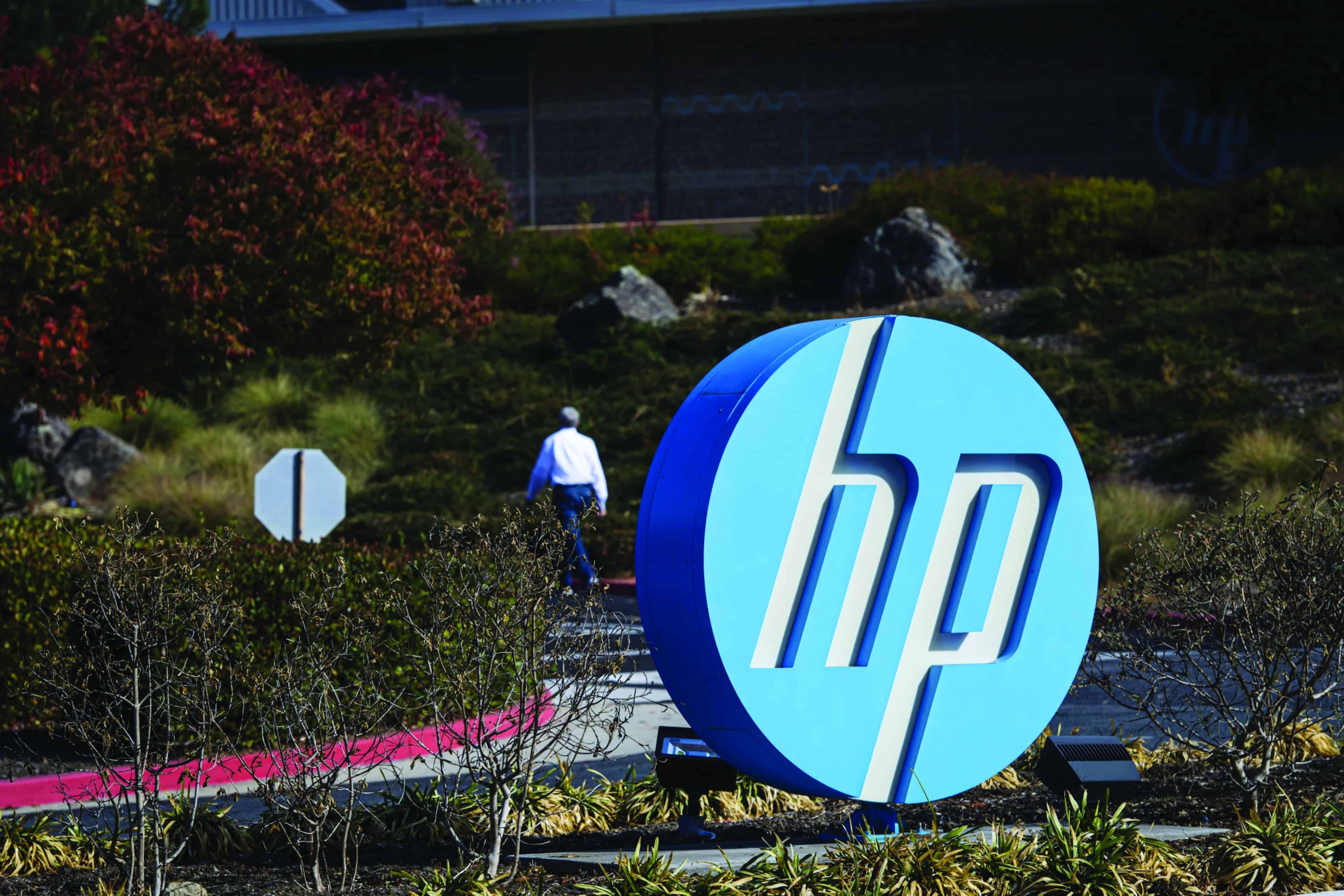
Xerox Holdings Corp. (NYSE: XRX) dropped its hostile takeover bid for HP Inc. (NYSE: HPQ) because of uncertainty stemming from the coronavirus pandemic, marking a blow to the photocopier company’s efforts to stimulate future growth.
“The current global health crisis and resulting macroeconomic and market turmoil caused by Covid-19 have created an environment that is not conducive to Xerox continuing to pursue an acquisition of HP Inc.,” Xerox said in a statement.“While it is disappointing to take this step, we are prioritizing the health, safety and well-being of our employees, customers, partners and other stakeholders, and our broader response to the pandemic, over and above all other considerations.”
Xerox blamed HP for failing to engage in deal talks. “The refusal of HP’s Board to meaningfully engage over many months and its continued delay tactics have proven to be a great disservice to HP stockholders, who have shown tremendous support for the transaction,” Xerox added.
HP previously rejected Xerox’s unsolicited offer that valued HP at nearly $35 billion as too low. HP said it can grow its business without merging with Xerox. The printing industry is declining, as people use more software. HP spun off from Hewlett Packard Enterprise Co. in 2015.
“We have a healthy cash position and balance sheet that enable us to navigate unanticipated challenges such as the global pandemic now before us, while preserving strategic optionality for the future,” HP said in a statement.
Asbury Automotive calls off purchase of Park Place
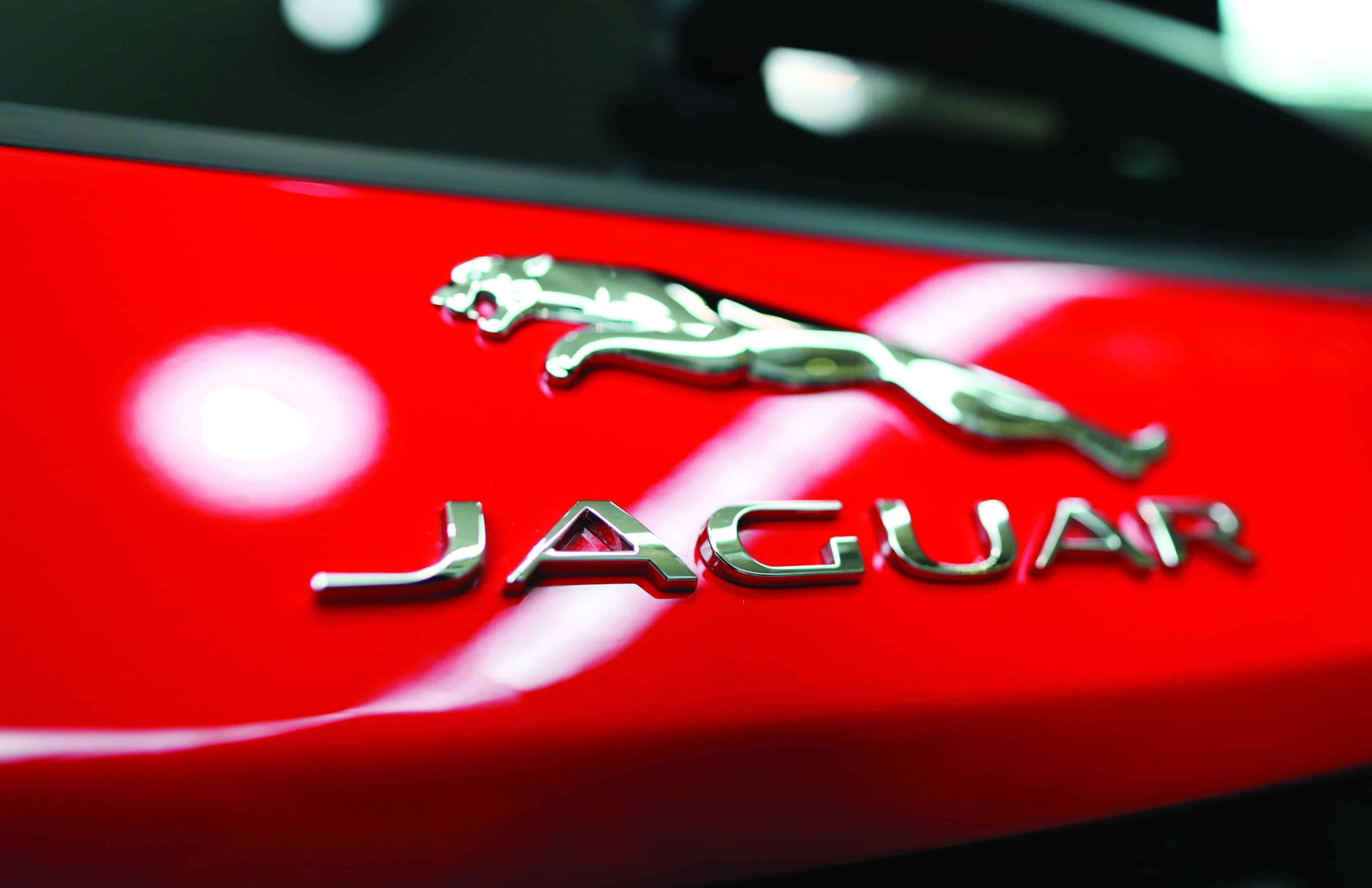
Car dealership operator Asbury Automotive Group Inc. (NYSE: ABG) has called off its $1 billion acquisition Park Place Dealerships, citing a drop in car sales from the coronavirus. The deal was originally announced in December. The purchase was supposed to expand Asbury’s presence in Texas, while growing its portfolio of luxury brands including Mercedes-Benz, Lexus, Jaguar and Rolls Royce. Park Place operates 17 dealerships with 15 of them in Texas. Asbury will pay a $10 million breakup fee.
“The Covid-19 pandemic has caused a dramatic decrease in economic activity across the United States,” Asbury stated in a SEC filing. “The company has experienced a sudden and significant decline in its sales and service business operations. Because the company cannot predict the duration of the pandemic and resulting economic impact on its business, the company will continue to evaluate its options and manage its business as appropriate in order to preserve its financial flexibility during this challenging time.” Asbury added that it has increased its borrowing capacity. Asbury operates 83 dealerships, consisting of 102 franchises.
“Car dealers have proven time and time again their ability to survive, even in the worst of times. We expect they will do so again, once this pandemic is under control,” said Erin Kerrigan of auto-dealer focused advisory firm Kerrigan Advisors in a statement. “Those who are considering a sale will wait until the industry returns to a more normal state and the buy/sell market reactivates, likely in the second half of the year.”
Allegro backs off merger with owner of TGI Fridays
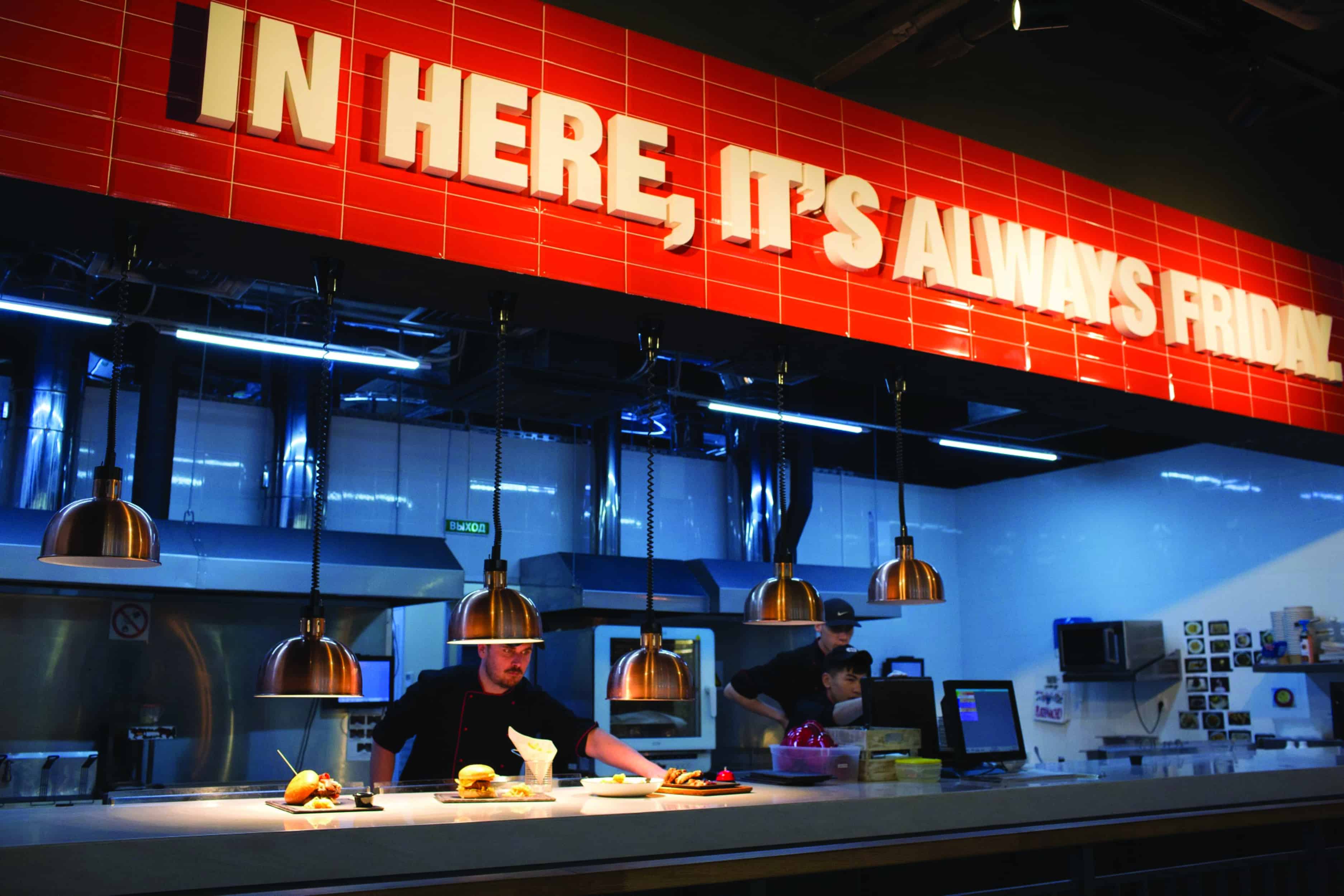
Special purpose acquisition company Allegro Merger Corp. (Nasdaq: ALGR) called off its merger with TriArtisan Capital Advisors LLC-backed casual dining restaurant chain TGI Fridays in a deal that was originally valued at $380 million. TGIF’s shareholders would have received $30 million in stock and Allegro will have assumed approximately $350 million in debt. TGIF operates about 840 restaurants.
In a regulatory filing, Allegro cited “extraordinary market conditions and the failure to meet necessary closing conditions.” Allegro received approval to extend the deadline to close the deal from March 31 to April 30, but the Spac decided to terminate the merger now. As a result, Allegro will wind down, liquidate and will return capital to shareholders.
The restaurant industry has been hit hard by the spread of coronavirus. Restaurants have been ordered to close their dining rooms and are restricted to do take-out and deliveries instead, and are seeing a drastic drop in sales as a result. Several chains have opted to close their stores during the pandemic, and in some cases, close them for good. According to market research firm the NPD Group, restaurant transactions fell 41 percent for the week ended April 5 compared to one year ago.
“Many restaurants that are attempting to make the move are doing so with limited menu offerings and without the benefit of drive-thru lanes. Anecdotally, some operators are giving up the cause and closing altogether,” adds Portalatin.
Woodward and Hexcel terminate aerospace merger
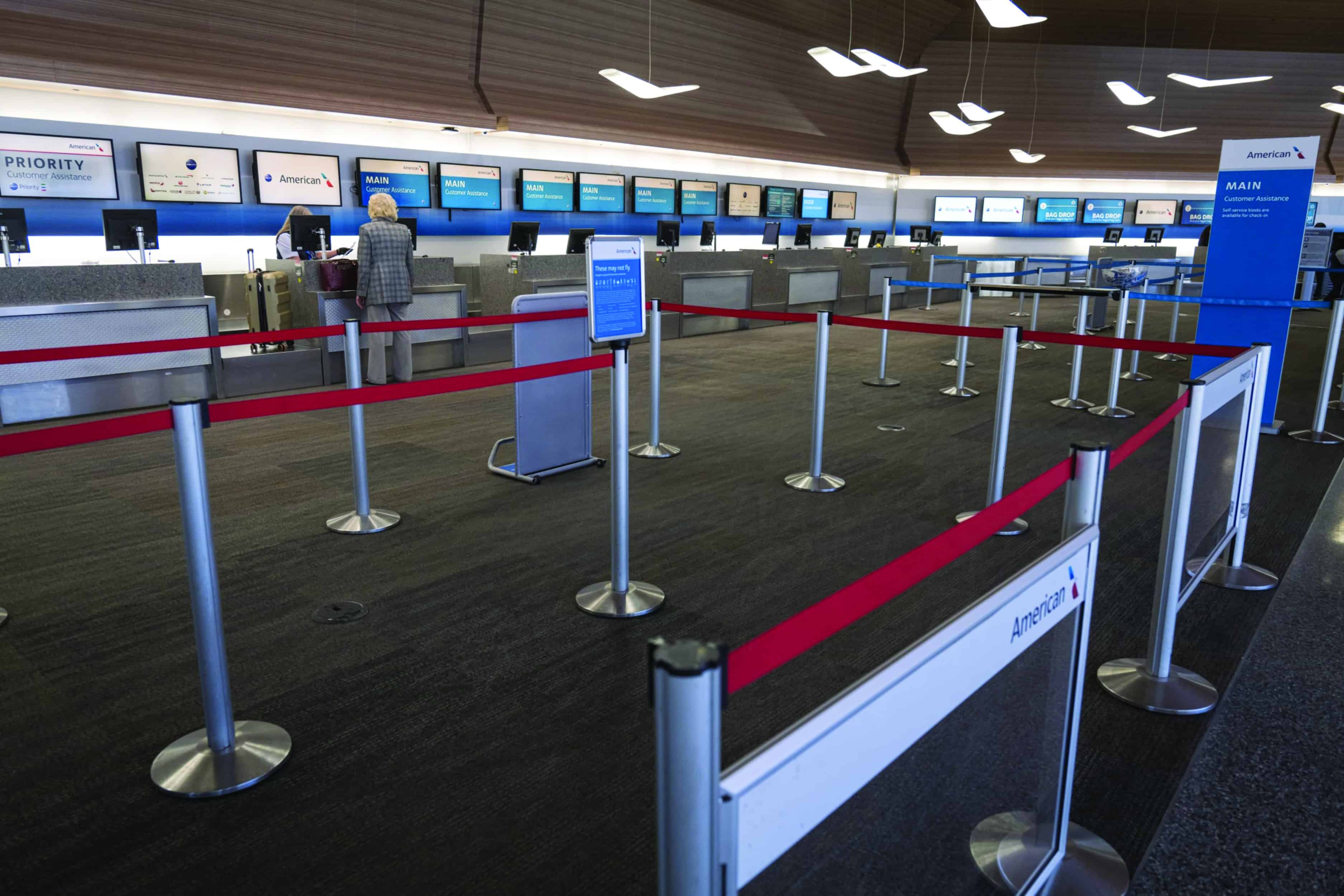
Woodward Inc. (Nasdaq: WWD) and Hexcel Corp. (NYSE: HXL), systems providers for the aerospace and industrials sectors, have agreed to terminate their merger as a result of the coronavirus spreading. “The pandemic has resulted in a need for each company to focus on its respective businesses and has impacted the companies’ ability to realize the benefits of the merger during these unprecedented times,” the two companies said in a release. The deal was originally announced in January, and neither company will be paying a termination fee.
“The move was not entirely surprising, considering the dire outlook for Boeing aircraft production and deliveries has become increasingly amplified in the last few weeks as airlines face an unprecedented reduction in passenger travel and Boeing was forced to halt production at its Puget Sound facility “until further notice” due to the coronavirus,” CanaccordGenuity aviation analyst Ken Herbert wrote in a note to investors. “Both the supply and demand shocks to the commercial aircraft market have created much more distraction now, and require a focus on near-term cost actions and execution, as opposed to white-knuckling a merger on the scale of Woodward- Hexcel.”
“While we both believed from the outset, and continue to believe, in the benefits of a combined Woodward and Hexcel, we mutually concluded after careful consideration that given the significant uncertainty in the market, it would not be prudent to continue to pursue the combination and integration of our companies in a merger of equals,” Woodward CEO Tom Gendron and Hexcel CEO Nick Stanage said in a joint statement.
XPO Logistics calls off asset sales
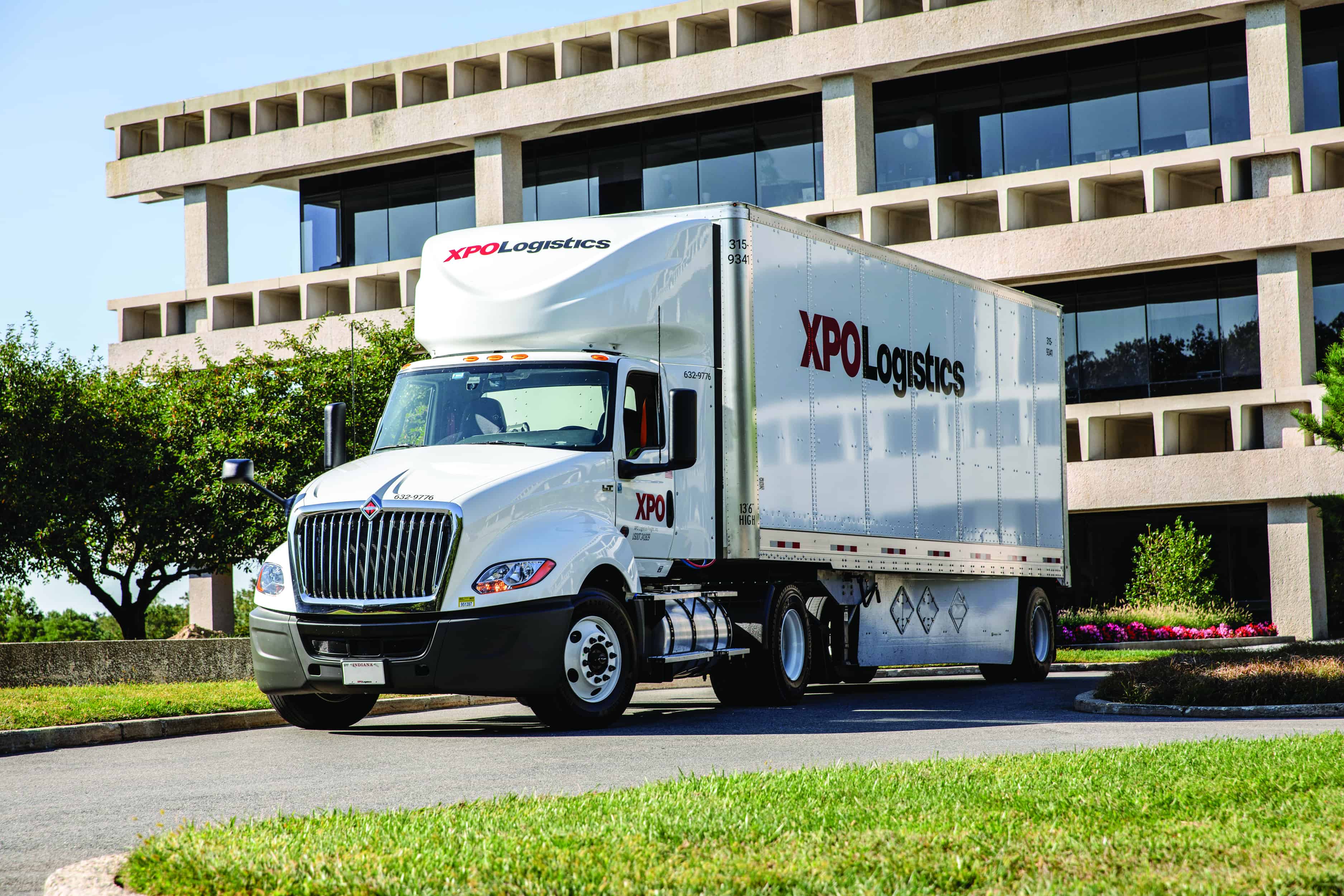
Logistics and transportation technology company XPO Logistics Inc. (NYSE: XPO) is no longer selling assets. In a regulatory filing, XPO said: “On January 15, 2020, XPO Logistics Inc. announced that its board of directors had authorized a review of strategic alternatives, including the possible sale or spin-off of one or more of XPO’s business units. In light of current market conditions, XPO has terminated the strategic review process.”
Despite calling off the process, at least one firm remains optimistic that XPO will remain stable during an economic downturn. “XPO appears relatively resilient given its e-commerce/consumer staples weighting, mitigating other end-market pressure in an economic downturn base-case or downside scenario,” according to Oppenheimer.
XPO never specified which units are for sale, mentioning only that it planned to hold on to its North American less-than-truckload business. At the time, XPO CEO Bradley Jacobs said that a spinoff would raise the company’s valuation as a pure-play LTL operator.
XPO named David Wyshner as chief financial officer in 2020 to help lead the process.Wyshner most recently served as CFO of Wyndham Hotels & Resorts Inc., a spinoff of Wyndham Worldwide Corp. Wyshner led Wyndham’s $2 billion purchase of La Quinta Holdings in 2018.
“We were looking for a CFO with good relevant experiences. He’s a well-rounded CFO, he’s tested, proven, lots of experience in divestitures, asset sales and spinoffs,” Jacobs previously told CNBC. XPO made more than 19 deals worth at least $7.5 billion since Jacobs took over in 2011.



